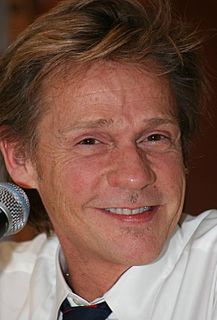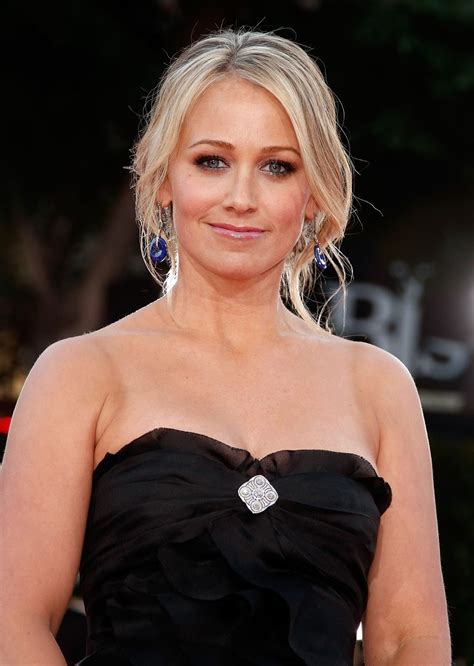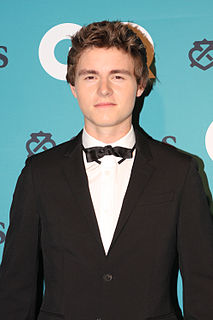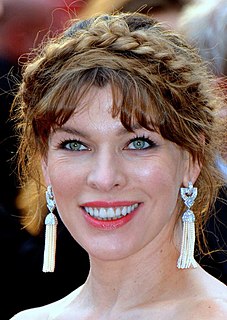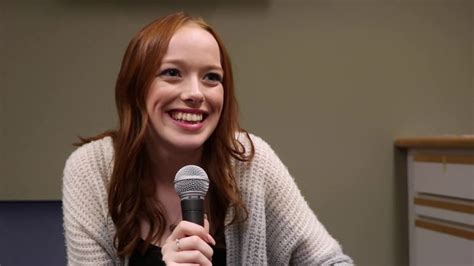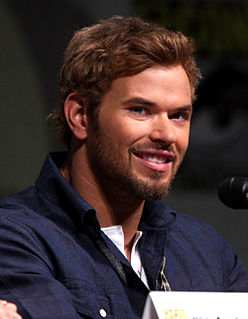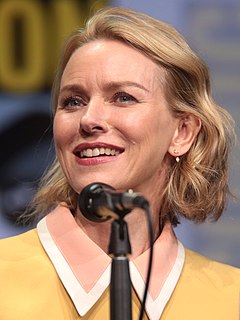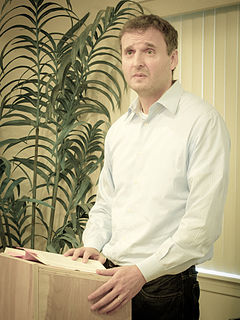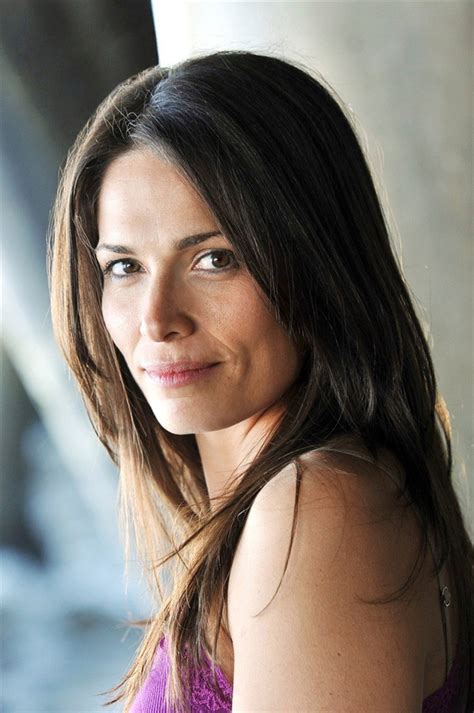A Quote by Dennis Christopher
I'd always keep going back to the acting. Once the rent was paid, and the phone bill, the next money you had was for acting classes.
Related Quotes
I was applying to the art school, but there was a checklist that said I had to do either production design or stage management or acting. I thought, "I don't want to be an actor, but I know production and stage management take acting classes" - this is literally my internal monologue. I was like, "Designers don't have to take acting classes. Cool. I'll check that box".
For me, the real goal is to integrate. The thing that I'm most happy with is the fact that I've been able to keep doing all of it - to keep writing, and to keep acting in movies, and to keep acting on the stage, to keep directing plays. I find that they feed each other, and that I learn about acting from directing and I learn about writing from acting.
Acting became important. It became an art that belonged to the actor, not to the director or producer, or the man whose money had bought the studio. It was an art that transformed you into somebody else, that increased your life and mind. I had always loved acting and tried hard to learn it. But with Michael Chekhov, acting became more than a profession to me. It became a sort of religion.
Dance was one of the things that led me to acting even though I say I fell in love with acting fairly early on and its true but around 16 and 17 I got heavily into dance but I think I just came into it too late and I was never going to be really great at it so I let it go and the dance led to more acting classes.
